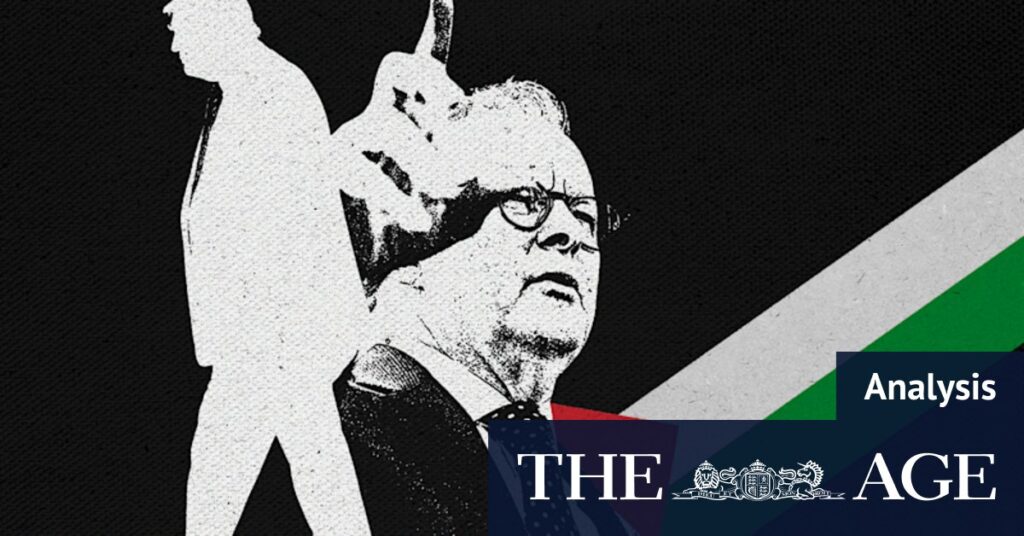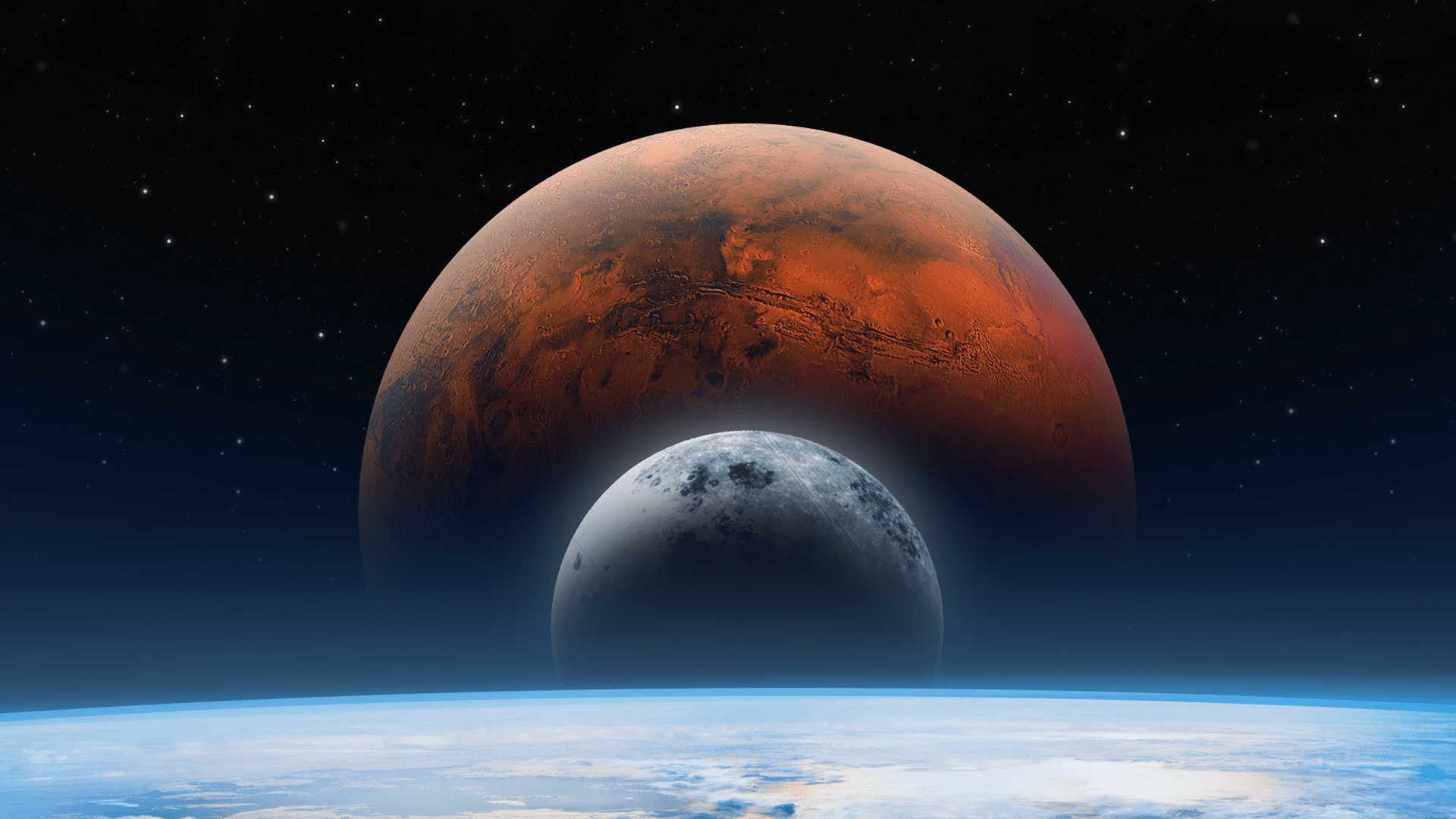
New York: By officially recognizing Palestinian statehood, Australian Prime Minister Anthony Albanese has sent a powerful message to the world regarding Australia’s stance on the Middle East peace process. This move signifies a declaration of independence from the United States and an assertion of Australian sovereignty over its foreign policy.
Albanese’s decision marks a bold and risky departure from former U.S. President Donald Trump’s policies on a highly divisive issue. As he attempts to establish a personal relationship with Trump and secure their first meeting, Albanese has chosen to highlight a point of contention rather than unity in the US-Australia relationship. The Australian government’s decision to recognize Palestine, alongside the United Kingdom and Canada, made headlines in the United States, even leading the website of The New York Times.
Despite the potentially awkward timing of the announcement, Albanese showed no signs of discomfort when addressing reporters at the United Nations headquarters on Sunday. Speaking just a block away from one of Trump’s skyscrapers, Albanese dismissed Trump’s view that recognizing Palestine is a reward for Hamas, the terror group responsible for the brutal massacre in Israel on October 7, 2023. He also rejected the notion that Australia must align with the US on every major global issue.
“This is about Australia’s position and the fact that we’re a sovereign nation. Australia will make decisions based upon our national interests,” Albanese stated, appearing relaxed and assured.
Australia’s Independent Foreign Policy Stance
When pressed on whether the move would damage ties with the US, Albanese was clear: “Our foreign policy isn’t determined in Washington or Beijing or Wellington, for that matter. Our foreign policy is determined around the cabinet table in Canberra.” Australia is among the last countries to recognize Palestine, yet Albanese spoke of the move as if it were an uncontroversial common-sense decision.
He questioned how Australia could remain passive while Israel continues to bombard Gaza and expand settlements in the occupied West Bank. Furious at Israeli Prime Minister Benjamin Netanyahu’s refusal to end the conflict or consider a two-state solution, Albanese believes he has positioned Australia on the right side of history by recognizing Palestine. He views it as a moral decision, as much as a political one.
Diplomatic Implications and Challenges
As for whether the disagreement over Palestine is the reason for his difficulty in securing a meeting with Trump, Albanese was succinct: “No is the answer,” he insisted. Australian officials have indicated that while Trump disagrees with the recognition of Palestine by like-minded countries, he is not overly agitated by it. Instead, Trump administration officials have mostly expressed sorrow rather than anger on the topic.
The lack of a meeting between Trump and Albanese is not due to anger over Palestine, but rather because Australia is perceived as a lower priority in the geopolitical landscape. This is hardly reassuring, given Australia’s reliance on the US for security. Disagreement over Palestine is just one of several irritants in a relationship already strained by tensions over tariffs, defense spending, and climate change action.
Historical Context and Future Prospects
British Prime Minister Keir Starmer, for instance, waited to confirm his recognition of Palestine until after Trump’s state visit to the United Kingdom to avoid overshadowing his diplomatic efforts. Starmer had begun building a relationship with Trump before the US presidential election, even meeting him during the campaign. In contrast, Albanese is still awaiting his first face-to-face meeting with Trump, having only shared four friendly phone calls.
This situation presents a potential silver lining for Albanese. If Trump does not meet with him this week in New York, the issue of Palestinian recognition may lose its intensity by the time of their next possible encounter at summits in Malaysia and South Korea later this month. This could explain why Albanese appeared so composed as he spoke near the East River, with Trump World Tower looming over the Manhattan skyline.
As the situation unfolds, the world watches closely to see how this bold move by Australia will impact its diplomatic relations and influence the broader Middle East peace process. The implications of Albanese’s decision will likely reverberate through international politics, shaping Australia’s role on the global stage.






